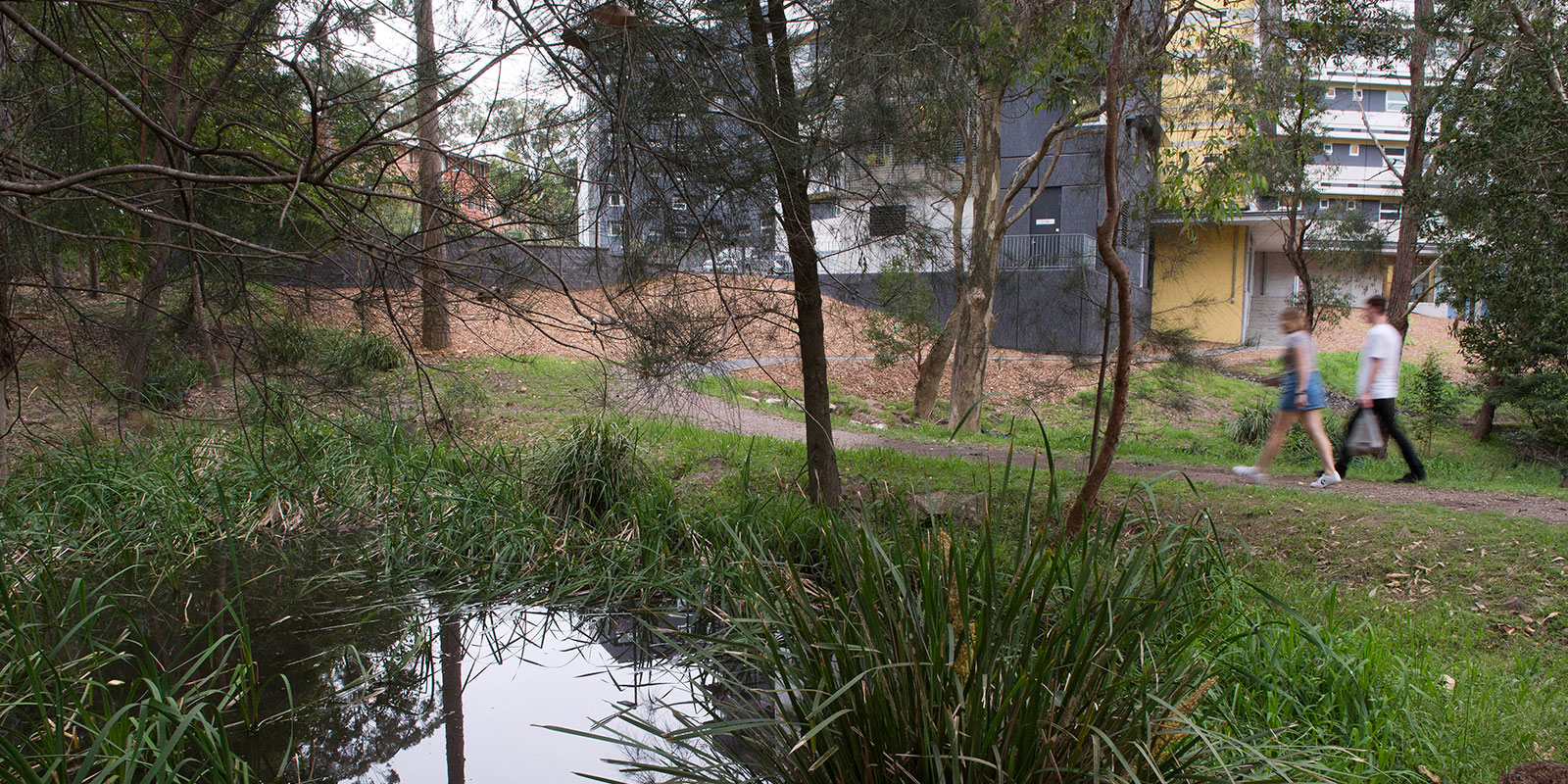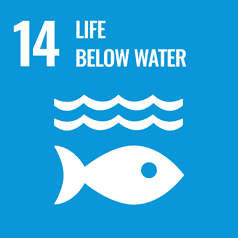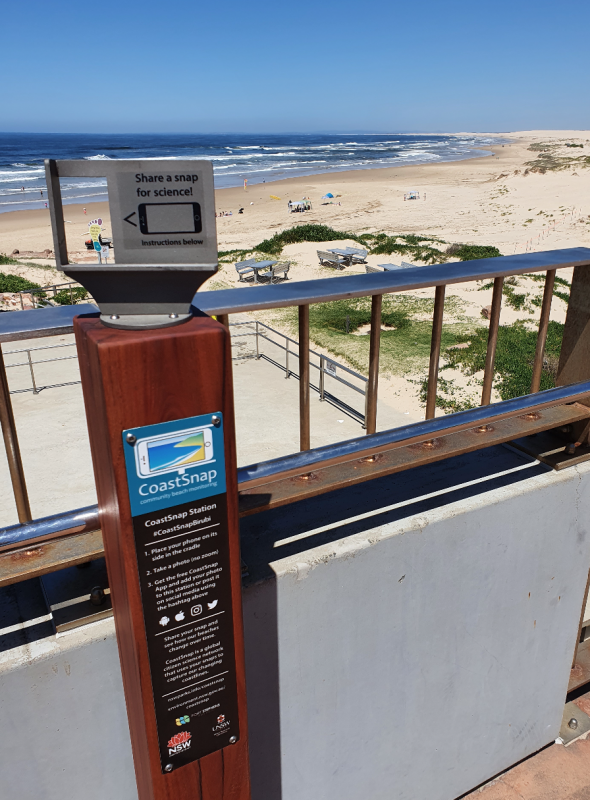

Goal 14:
Life Below Water
Programmes Towards Good Aquatic Stewardship Practices
The University of Newcastle actively develops and supports academic, research, and community programs that promote strong aquatic stewardship practices.
One key example is the undergraduate course ENVS2009 – Catchment and Water Resource Management. This course equips students with the skills and knowledge to understand and manage freshwater ecosystems in a sustainable way.
ENVS2009: Aquatic Stewardship in Action
This course focuses on:
- The basic ecology of freshwater systems,
- Water quality drivers and pollution impacts,
- Strategies for integrated catchment management,
- Balancing human water use with the protection of aquatic habitats,
- Current best practices for sustainable water resource management.
It prepares students for roles in environmental planning, water policy, and ecosystem management, directly supporting the next generation of aquatic stewards.
Additional University Programs Supporting Aquatic Stewardship:
- Field-Based Learning and Engagement
Many environmental and marine science students participate in fieldwork and community-based projects that reinforce aquatic stewardship — from wetland restoration to catchment-scale assessments. - Pacific Node & Community Engagement (2024)
Through the Pacific Node in Samoa (launched in partnership with SPREP), the University facilitates community-based aquatic stewardship, focusing on:- Mangrove conservation,
- Pollution control,
- Traditional ecological knowledge, and
- Building local capacity to manage aquatic ecosystems.
- Research-Led Stewardship Initiatives
- University researchers are engaged in coastal and estuarine habitat studies, which directly inform policy and management practices.
- These efforts are often done in partnership with local councils, government agencies, and NGOs to promote long-term ecological resilience.
- Student-Led Sustainability Projects
The University also supports student-led sustainability clubs and projects that include initiatives like:- Plastic waste reduction,
- Waterway clean-ups,
- Awareness campaigns on pollution and aquatic ecosystem health.
- Citizen Science via REDMAP
The University is a lead institution in the REDMAP – Range Extension Database and Mapping Project. This national citizen science initiative tracks marine species movements and climate-related changes to marine ecosystems. University staff, including A/Prof Troy Gaston, help guide this work. - CoastSnap Coastal Monitoring Program
The University supports CoastSnap, a global citizen science project that uses crowdsourced mobile phone photos to monitor coastal erosion and shoreline change over time — contributing valuable data for coastal ecosystem management and climate adaptation strategies. University staff, including Dr Michael Kinsela, helped guide this work.

The University of Newcastle acknowledges the traditional custodians of the lands within our footprint areas: Awabakal, Darkinjung, Biripai, Worimi, Wonnarua, and Eora Nations. We also pay respect to the wisdom of our Elders past and present.